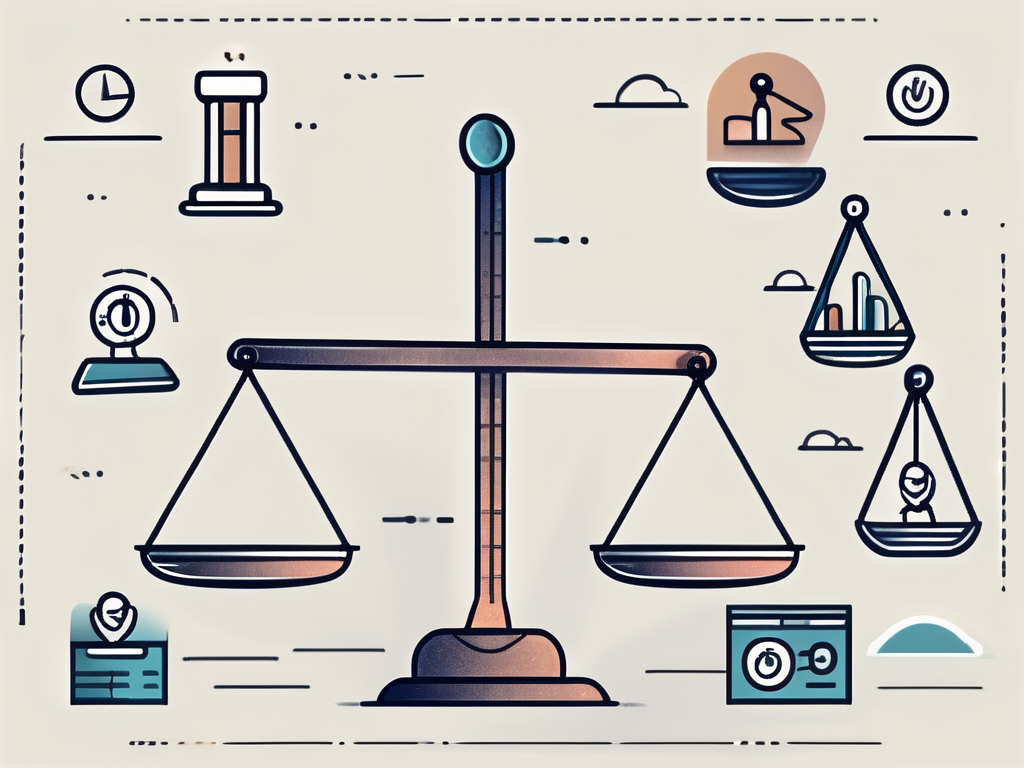Choosing the Best CRM for Sales
Customer Relationship Management (CRM) tools have become an indispensable part of the sales process. They help businesses manage and analyze customer interactions and data throughout the customer lifecycle. The goal is to improve business relationships, assist in customer retention, and drive sales growth. But with a plethora of options available, how do you choose the best CRM for sales? This guide will help you navigate through the selection process.
Understanding CRM and Its Importance in Sales
CRM is a strategy for managing a company's relationships and interactions with potential and existing customers. It uses data analysis about customers' history with a company to improve business relationships, focusing specifically on customer retention and ultimately driving sales growth.
CRM systems compile customer data across different channels, or points of contact between the customer and the company, which could include the company's website, telephone, live chat, direct mail, marketing materials, and social media. CRM systems also give customer-facing staff detailed information on customers' personal information, purchase history, buying preferences, and concerns.
Key Features of a Good CRM
While the specific needs may vary from business to business, there are some key features that a good CRM system should have. These include contact management, interaction tracking, and lead management. Other features like document storage, quote and proposal management, and reporting/analytics can also be beneficial.
It's also important to consider the user interface, ease of use, and the availability of mobile access. A good CRM should be intuitive and easy to navigate. Mobile access is increasingly important as more businesses have remote or traveling employees who need to access customer data on the go.
Top CRM Systems for Sales
Salesforce
Salesforce is one of the most popular CRM systems on the market. It offers a wide range of features including contact management, opportunity management, customizable reports, email integration, and more. Salesforce also has a robust mobile app, allowing sales teams to access data from anywhere.
One of the key advantages of Salesforce is its scalability. It's suitable for businesses of all sizes, from small startups to large enterprises. However, it can be a bit pricey, especially for small businesses.
HubSpot
HubSpot is another top contender in the CRM market. It's known for its user-friendly interface and comprehensive feature set. HubSpot offers features like email tracking, meeting scheduling, live chat, and more. It also integrates seamlessly with other HubSpot products, making it a great choice for businesses already using HubSpot's marketing or sales software.
HubSpot's CRM is free to use, making it a great choice for small businesses or startups on a budget. However, some advanced features are only available in the paid versions.
Zoho CRM
Zoho CRM is a robust CRM solution that offers a wide range of features including sales force automation, marketing automation, customer support, and inventory management. It also offers a variety of customization options, allowing businesses to tailor the software to their specific needs.
Zoho CRM is also quite affordable, with pricing plans that cater to both small businesses and large enterprises. However, some users have reported that the interface can be a bit clunky and difficult to navigate.
Choosing the Right CRM for Your Business
Choosing the right CRM for your business depends on a variety of factors. You'll need to consider the size of your business, your budget, and your specific needs. It's also important to consider the scalability of the CRM system. As your business grows, your CRM should be able to grow with you.
Before making a decision, take advantage of free trials or demos offered by CRM providers. This will give you a chance to test out the features and see if the system is a good fit for your business.
Remember, the best CRM for sales is the one that fits your business needs and helps you achieve your sales goals. So take your time, do your research, and choose wisely.



